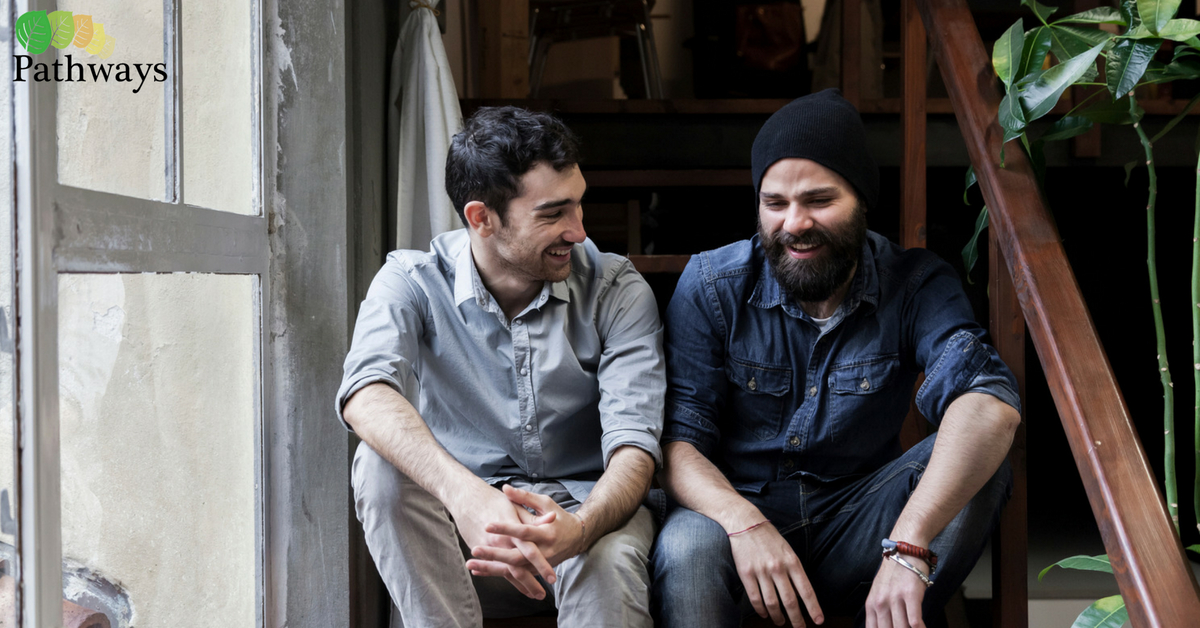People suffering from addiction may find it hard to ask for help. It may seem simple, but it feels different for the person with the addiction. Actions that seem easy from the outside (calling a rehab center, telling a coworker or boss about an addiction, or even admitting an addiction is present) may seem insurmountable to a person suffering from addiction.
People struggling with addictions often ask for help indirectly, because they are ashamed or reluctant to admit they have an addiction, or because loved one feel addiction is a personal moral failing. They may contact a friend or family member and ask for money or a place to stay when what they really need is a listening, patient ear, and direction for moving through and past an addiction. When speaking to a person with an addiction, take advantage of lucid moments and be reasonable.
How to Encourage a Person with Addiction to Seek Help
- Be empathetic
- Keep conversations general
- Ask open-ended questions to get more information
- Maintain healthy boundaries
- Avoid disagreeing, arguing, or criticism
- Be concerned and show it
- Direct the person toward accepting the existence of an addiction
- Encourage responsibility in life
- Ask for help from other family, friends, or recovery centers like Pathways
What To Do if An Addict Doesn’t Want Help
It’s very painful to see a friend, family member, loved one, or coworker struggling with a serious addiction and feel there is nothing you can do to help. You may wonder what will happen to that person; whether the person will lose their job, family, or home; or feel helpless. Addiction feels like this for everyone involved -- especially the person with the addiction. Take advantage of your position outside the pressures of addiction and do what you can to help. Here are some suggestions if a person if your life doesn’t seem to want help when it is clearly needed.
- Don’t wait if you see addiction taking hold
- Talk to a friend or family member who has struggled with addiction
- Call a solutions-oriented, positive change recovery program
Remember that, no matter how much you want to, you can’t make them quit; do the recovery work for them; or accept behavior that violates your personal boundaries.
What Makes Pathways Real Life Recovery Effective for People with Addictions?
At Pathways Real Life Recovery, we can help you or your loved one get educated and talk about an addiction and how it’s impacting your life or theirs. Pathways are about the power everyone has to make a positive change in their lives, how to recognize that change, and how to love and value yourself for who you are. At Pathways, people with addiction and the people helping them recover are all individuals, and customized treatment plans include therapies that work best for each person and situation. Pathways are not simply about recovery, but about taking charge of your life again and recognizing and building on your true potential.
Pathways can help your loved one with the following types of addiction:
- Drugs,
- Alcohol,
- Gambling,
- Video games,
- Eating,
- Sex,
- Pornography, and more.
We treat men, women, teens, and young adults struggling with addiction, and help them build themselves back up and be proud of their accomplishments. We focus on the future, not the past, and monitor our patients for up to three years following treatment. If you love someone fighting addiction, call Pathways and let us help you -- no one has to do this on their own.


